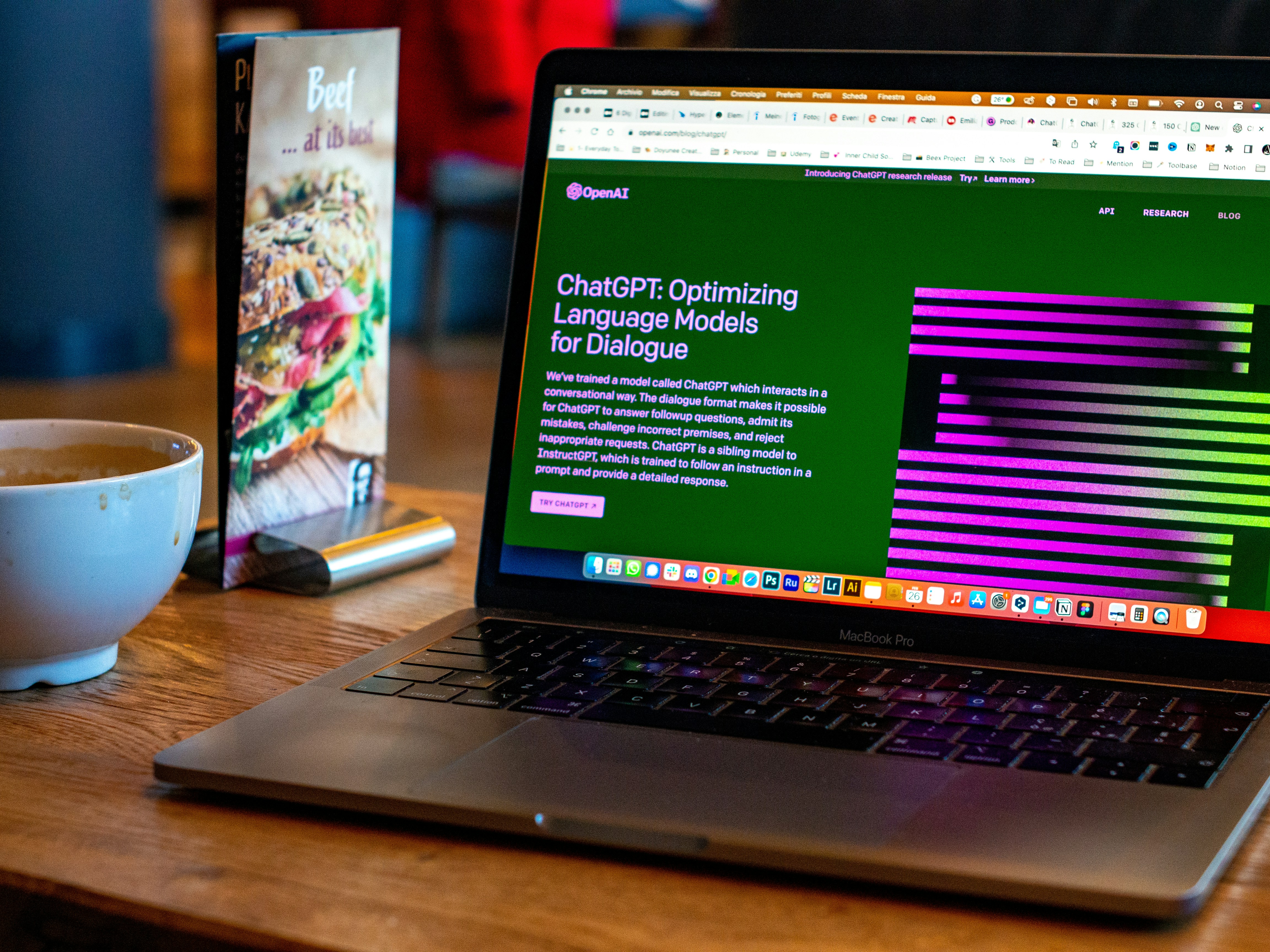Related Jobs
View all jobsQuantitative Developer
Quantitative Developer - Middle Office/Risk
Quantitative Developer
Quantitative Developer
Quantitative Developer - Middle Office/Risk
Subscribe to Future Tech Insights for the latest jobs & insights, direct to your inbox.
Industry Insights
Discover insightful articles, industry insights, expert tips, and curated resources.

Pre-Employment Checks for Data Science Jobs: DBS, References & Right-to-Work and more Explained
Pre-employment screening in data science reflects the discipline's unique position at the intersection of statistical analysis, machine learning innovation, and strategic business intelligence. Data scientists often have privileged access to comprehensive datasets, proprietary algorithms, and business-critical insights that form the foundation of organisational strategy and competitive positioning. The data science industry operates within complex regulatory frameworks spanning GDPR, sector-specific data protection requirements, and emerging AI governance regulations. Data scientists must demonstrate not only technical competence in statistical modelling and machine learning but also deep understanding of research ethics, data privacy principles, and the societal implications of algorithmic decision-making. Modern data science roles frequently involve analysing personally identifiable information, financial data, healthcare records, and sensitive business intelligence across multiple jurisdictions and regulatory frameworks simultaneously. The combination of analytical privilege, predictive capabilities, and strategic influence makes thorough candidate verification essential for maintaining compliance, security, and public trust in data-driven insights and automated systems.

Why Now Is the Perfect Time to Launch Your Career in Data Science: The UK's Analytics Revolution
The United Kingdom stands at the forefront of a data science revolution that's reshaping how businesses make decisions, governments craft policies, and society tackles its greatest challenges. From the machine learning algorithms powering London's fintech innovation to the predictive models guiding Manchester's smart city initiatives, Britain's transformation into a data-driven economy has created an unprecedented demand for skilled data scientists that far outstrips the available talent. If you've been contemplating a career transition or seeking to position yourself at the cutting edge of the digital economy, data science represents one of the most intellectually stimulating, financially rewarding, and socially impactful career paths available today. The convergence of big data maturation, artificial intelligence mainstream adoption, business intelligence evolution, and cross-industry digital transformation has created the perfect conditions for data science career success.

Automate Your Data Science Jobs Search: Using ChatGPT, RSS & Alerts to Save Hours Each Week
Data science roles land daily across banks, product companies, consultancies, scaleups & the public sector—often buried in ATS portals or duplicated across boards. The fix: put discovery on rails with keyword-rich alerts, RSS feeds & a reusable ChatGPT workflow that triages listings, ranks fit, & tailors your CV in minutes. This copy-paste playbook is for www.datascience-jobs.co.uk readers. It’s UK-centric, practical, & designed to save you hours each week. What You’ll Have Working In 30 Minutes A role & keyword map spanning Core DS, Applied/Research, Product/Decision Science, NLP/CV, Causal/Experimentation, Time Series/Forecasting, MLOps-adjacent & Analytics Engineering overlaps. Shareable Boolean searches for Google & job boards that strip out noise. Always-on alerts & RSS feeds that bring fresh UK roles to you. A ChatGPT “Data Science Job Scout” prompt that deduplicates, scores match & outputs ready-to-paste actions. A simple pipeline tracker so deadlines & follow-ups never slip.